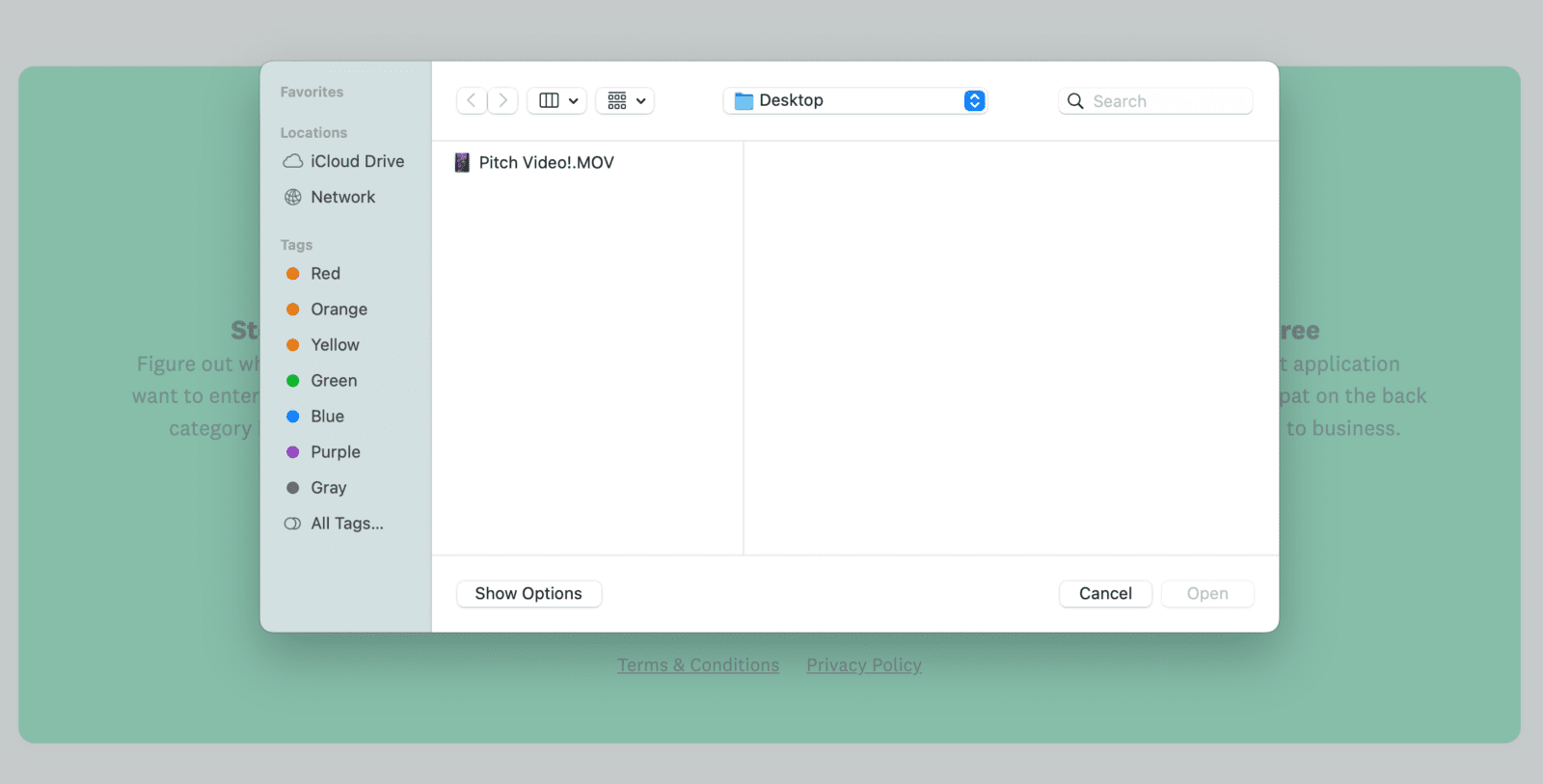
Every industry goes through down cycles, transportation and logistics included: After the pandemic freight boom, we’ve seen gas prices rise, drivers quit, and operators go out of business. It’s a time when many business owners start to panic, making irrational decisions that can spiral out of control.
An owner who sees too many trucks in the yard might accept work at a loss, because they haven’t taken the time to calculate and properly categorize overhead.
An owner who sees a low bank balance might start to sell off equipment, but with used truck prices down, they might be selling at a loss. Selling off too many trucks can have other downsides, namely, having to turn away work in the future and eroding profits. Or they might lay off good people that they’ll want to rehire when business gets back to normal – maybe the very people most needed to keep the business going: a tight cash situation warrants a stronger collections team, to ensure every penny earned comes in on time.
In tough times, the goal shouldn’t simply be to hang on for the ride. When the down-cycle is over – typically within 18-24 months – you want to be ready to accelerate into the up-cycle.
If you put a plan in place, downtime can work to your advantage: you can buy equipment at rock bottom prices or hire talent that other operators have let go.
When work is slow, it can feel like you’re leaving money on the table. When an owner feels like they need to do something, they may be compelled to jump to an irrational decision, just to keep things going.
But with proper planning, a lull in business can be an opportunity to make lemonade. It’s the perfect time to improve hiring processes, upgrade systems, train new people or research new technology. When times are good and you’re going 100 miles an hour, no one wants to pump the brakes. So, think of a downturn as an opportunity to take some breathing room and do the things that need to be done.
That’s why you need a plan.
My parents taught me this lesson as I worked with them in the small grocery store they owned. I remember saying to my dad, “There’s nothing to do.” He looked me in the eye and said, “There’s always something to do: sweep the floor, pull damaged cans off the shelf, straighten up.”
That’s my philosophy when facing a downturn: It’s the perfect opportunity to improve operations.
Here are three ways to use operations to make the most of a down-cycle.
Check Hiring and Retention Numbers
Drivers are the bread and butter of a transportation business. Do you know how long it takes to evaluate a successful hire? Do you know your retention rates? Speed up your evaluation or increase your retention – just a little bit – and you’ll see an outsized impact on your bottom line. Letting a good employee go might have significant long-term implications, beyond the immediate savings of their salary today.
Accelerate Accounts Receivable Collections
Businesses often leave money on the table when it comes to collections. But the difference between 90 and 15 days can be make-or-break in a cash-heavy industry like transportation. Your accounts receivable manager can work with you to streamline the process, confirm that paperwork is correctly signed, and that collections are primed and ready to go – before a single load goes onto your truck.
Weigh Capital Investment Decisions Carefully
There are some questions you don’t want to answer based on gut: Do you need another truck now? Will you need one next quarter? How will a major purchase impact your cash?
They might also be the wrong questions. What if you could increase revenue per truck instead? With numbers in front of you, you’d be in a better position to decide whether it’s time to expand or improve what you have already.
Come Out of a Downturn by Using a Cash Flow Forecast Designed for the Transportation Industry
Whatever areas you choose to focus on, the key is to have a plan, monitor it at least monthly (in trucking, you might even be monitoring it hourly), and execute it.
To create, monitor, and implement your plan – what we call a dynamic forecast.
– A key component is a trusted advisor.
In addition to the financial and industry expertise an advisor can bring, they also offer accountability: When you put regular weekly or monthly meetings on the books, there are better chances you’ll follow up on whatever you commit to doing.
Situations change: you make hires, buy and sell equipment, and alter your operations. Then, as your numbers change as a result, you go back to your plan, input your new numbers, and then interpret the scenarios that come up.
Downturns make great companies even greater. In a survival-of-the-fittest world, you need to have a plan.
Learn more about our Virtual CFO services for transportation and logistics companies. You can also schedule a free consultation to discuss forecasting below.




